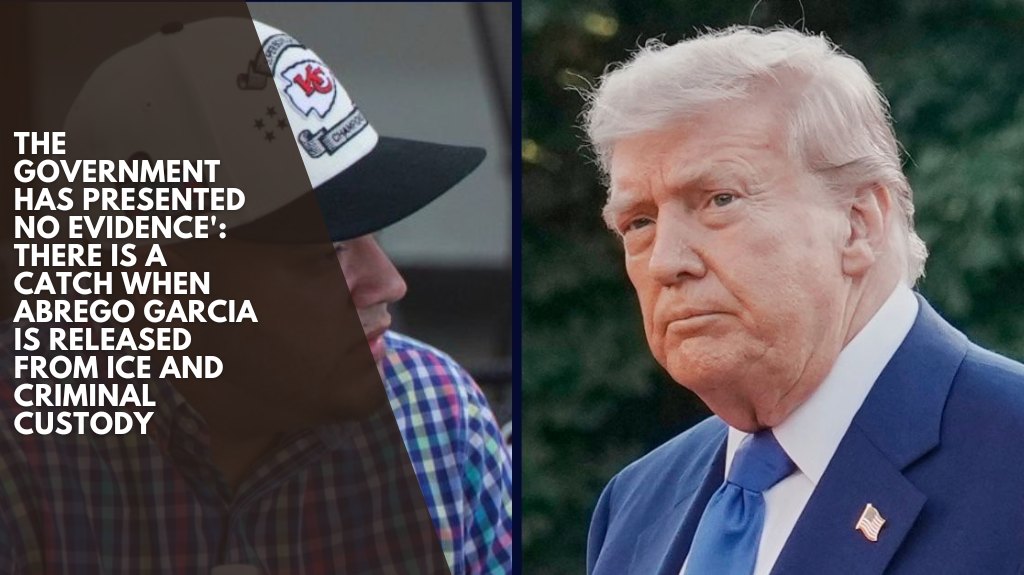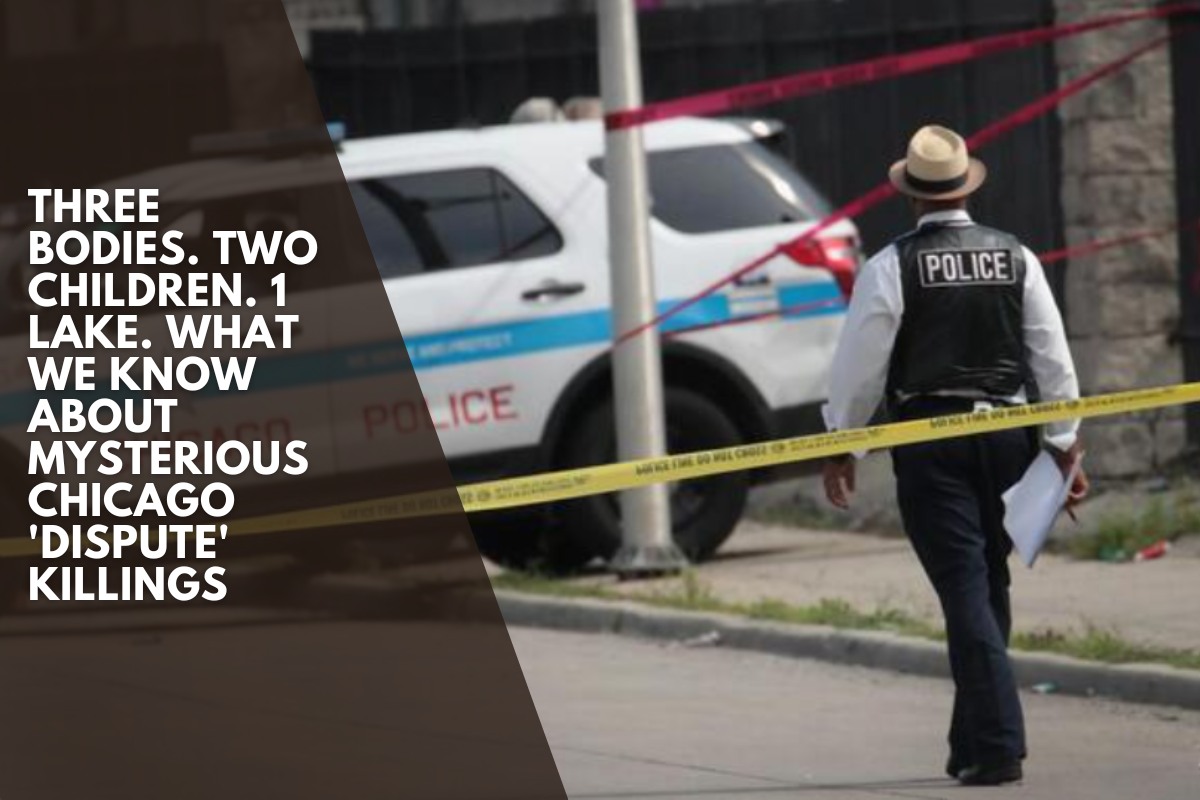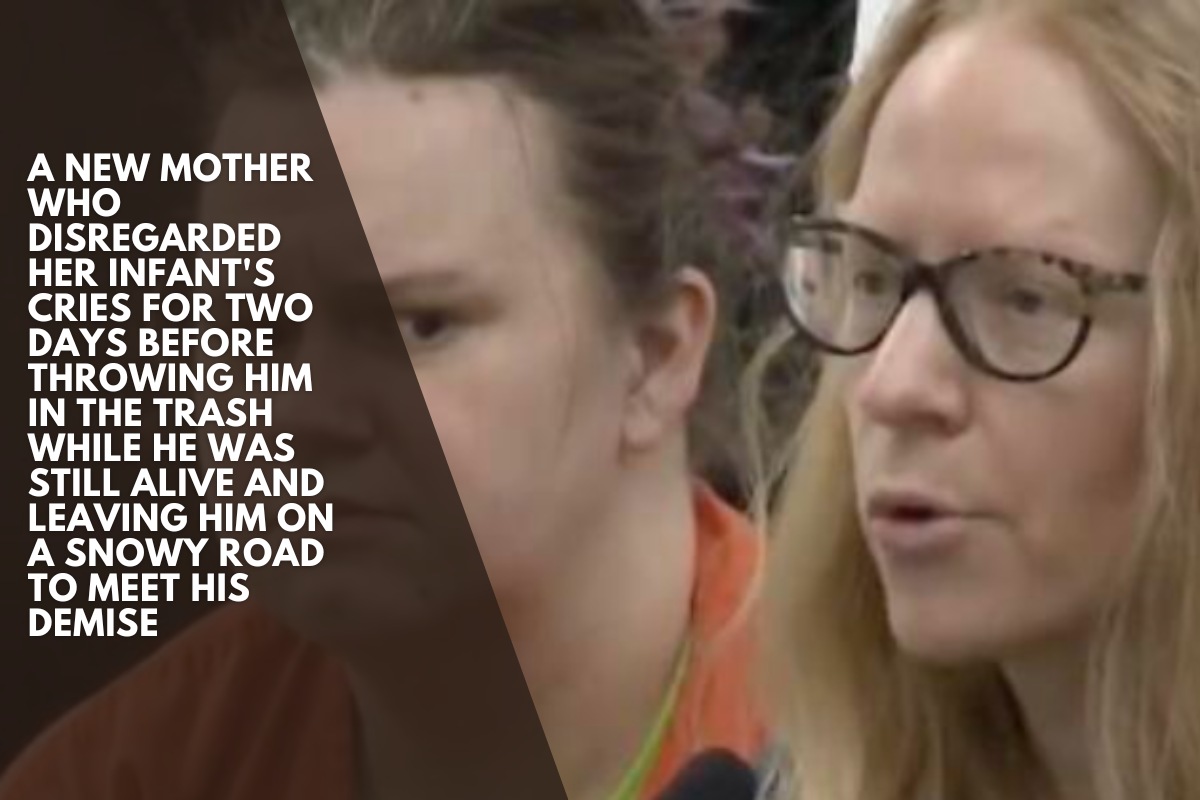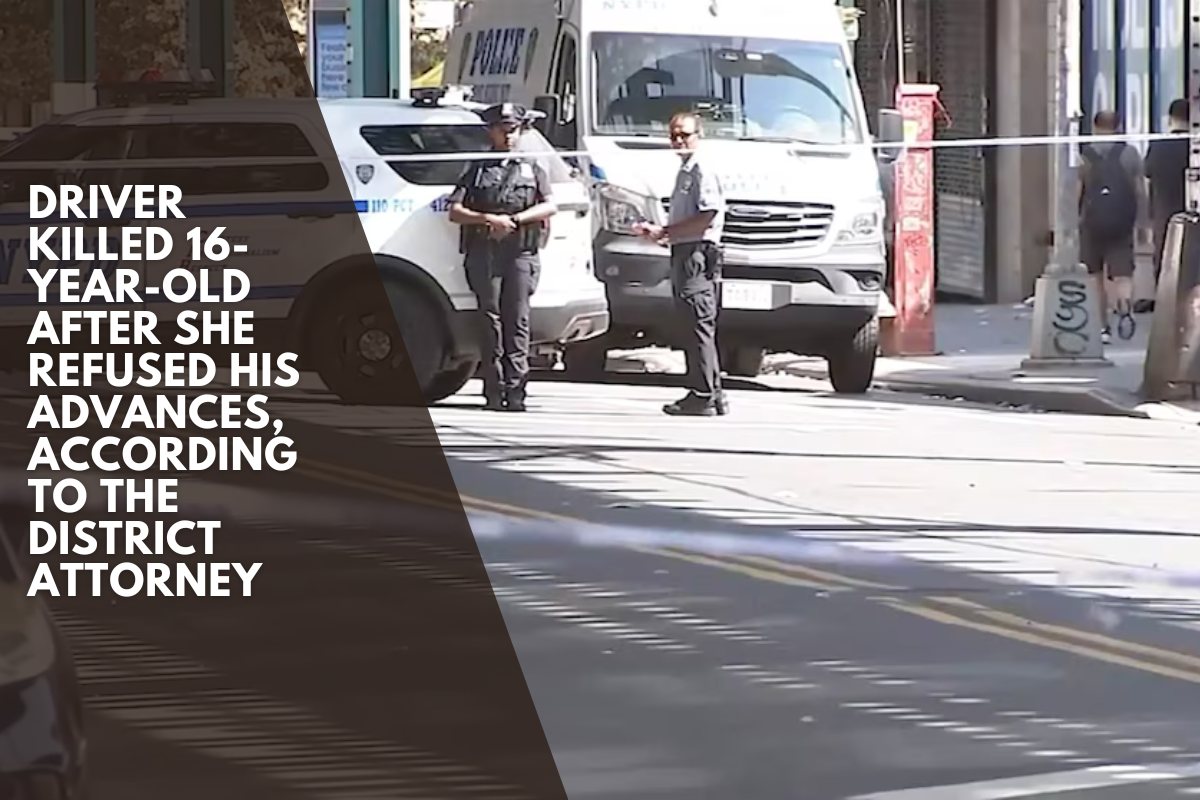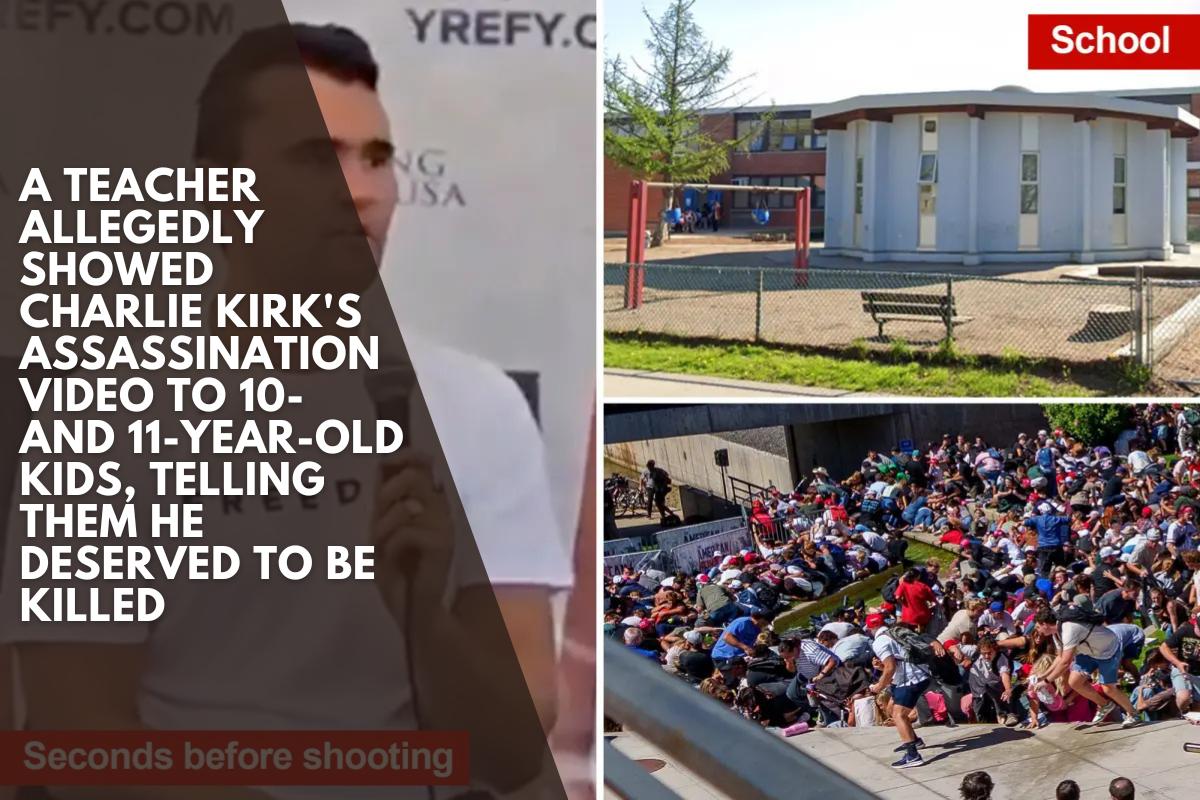Kilmar Abrego Garcia’s long march through various prisons and legal institutions reached a climax on Wednesday, when two judges in two different jurisdictions issued orders in his favor.
However, the consequences of those rulings may take some time to resolve.
First, U.S. District Judge Waverly Crenshaw, Jr., a Barack Obama appointee, issued a memorandum opinion and order denying the Trump administration’s motion to revoke a late-June release order.
In a strongly worded 37-page opinion, the judge sitting in Nashville touched on themes of “liberty” and “fairness” and effectively ordered Abrego Garcia’s release from criminal custody, leaving the release conditions up to his magistrate, or assistant judge.
While considering the various arguments advanced by the parties, the court ultimately determined that the government provided sufficient evidence to warrant a detention hearing but insufficient evidence to show that Abrego Garcia was either a danger to the community or faced the risk of failing to appear for his criminal trial on charges of human smuggling.
“The Government has presented no evidence that Abrego has failed to appear for court proceedings in the past, that he failed to abide by the protective orders Ms. Vasquez took out against him, or that he has otherwise ever shown a pattern of disrespect for the law,” according to Crenshaw. “The government has not presented evidence that Abrego has the financial means to flee, even if he wanted to.
To the contrary, the Court has evidence that indicates that if Abrego was released on conditions, he would comply.”
Then, U.S. District Judge Paula Xinis, a Joe Biden appointee, issued her own memorandum opinion and accompanying order, prohibiting the government from placing Abrego Garcia in immigration detention in either Tennessee or Maryland after his release in the Volunteer State.
In an 18-page opinion, the Baltimore-based judge ordered the government to place Abrego Garcia under “supervision” by Immigration and Customs Enforcement (ICE) in Baltimore, in response to his attorneys’ emergency request late last month.
“The requested relief is necessary to preserve this Court’s jurisdiction and to ensure that Abrego Garcia receives the full injunctive relief previously ordered ‘to restore the status quo ante,’ and consistent with the United States Supreme Court’s mandate that ‘his case is handled as it would have been had he not been improperly sent to El Salvador,'” according to the Xinis opinion.
Furthermore, if the Trump administration attempts to deport Abrego Gargia for the second time, the judge ordered that it provide at least 72 hours’ notice of its intention to do so.
However, he will not be released immediately.
Over the weekend, Abrego Garcia’s attorneys filed a four-page motion in Tennessee seeking a “30-day stay of the issuance of any release order” if the government’s revocation motion is denied.
“We have been advised by the government that if the Court denies the government’s motion for revocation, the defendant would be transferred to the custody of the Department of Homeland Security and DHS would begin removal proceedings,” according to the motion. “Given the uncertainty of the outcome of any removal proceedings, Mr. Abrego respectfully requests that, should the Court deny the government’s motion for revocation, the issuance of an order releasing Mr. Abrego be delayed for 30 days to allow Mr. Abrego to evaluate his options and determine whether additional relief is necessary.”
Crenshaw, in his separate order, referred that motion to his magistrate judge, who granted it almost immediately.
Abrego Garcia will most likely remain in jail for another 30 days.
